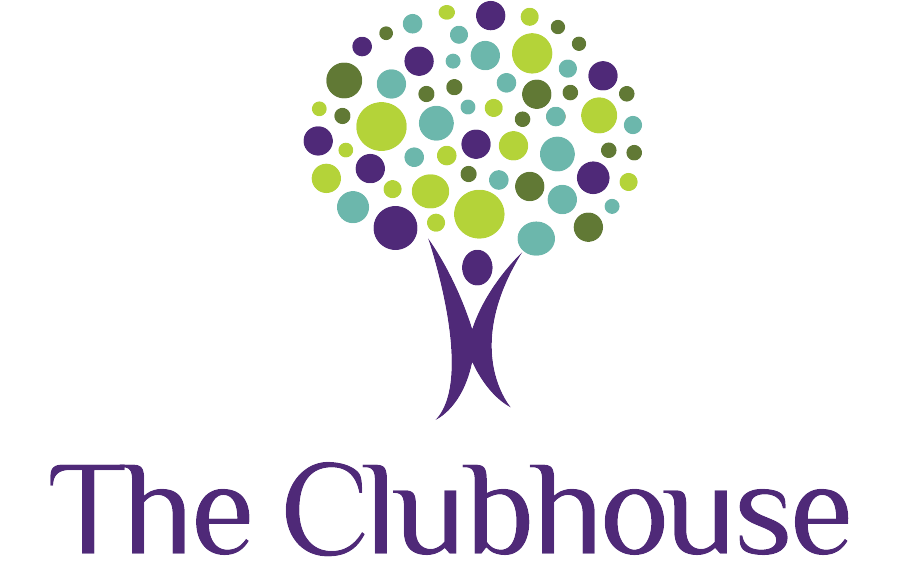5 Reasons to Have Your Child’s Speech and Language Screened
At the Clubhouse, our philosophy is that communication is the cornerstone of human interaction. It’s our goal to help those children who may be missing out on these essential skills to meet their developmental milestones and reach their full potential. We understand the stress and uncertainty that comes with discovering that your child may have speech and language delays, but we’re here to demystify the screening process and explore the benefits of having your child screened.
How Do Speech Screenings Work?
Screenings last around 15-20 minutes and a licensed speech-language pathologist will work with you and your child during that time. Depending on your concerns and your child’s age, they may ask your child to name pictures, follow directions, or answer questions about a picture.
At the end of the screening, the therapist will let you know if your child has passed the screening, and if so, what recommendations they may have to address any concerns. If the therapist has concerns at the end of the screening, they may refer your child for a full speech and language evaluation or they may recommend another type of screening or evaluation, like occupational therapy, physical therapy, or social work depending on your concerns and your child’s performance.
So, should you get your child’s speech and language screened? Here are five reasons you may want to do so:
- If Your Child Isn’t Understood by Others
If your child is talking, but their speech makes it hard for others to understand them, a speech and language screening is a good first step. At 2 years old, children should be understood by others about half, or 50%, of the time. At 3 years old this benchmark increases, and children should be understood 75% of the time. By 4 years old other people, even those who aren’t familiar with your child should be able to understand what your child is saying. If you find yourself having to interpret your child’s words or sentences to friends or family members, it’s probably time for a speech and language screening! - If Your Child Isn’t Talking as Much or as Well as Other Children the Same Age
Every child develops differently, and there is a continuum of how much children will talk at any age; however, if you see your child around other children and feel they aren’t talking as much, or if your child’s teacher expresses concern, a speech and language screening is definitely in order! An SLP can talk with you and your child to determine if your child is able to form words, phrases, and sentences in a way that’s appropriate for their age. They can also look at your child’s vocabulary to see if they understand and use enough words to be able to form and express complex thoughts and ideas! - If Your Child Doesn’t Follow Directions
Let’s be real here- every child has trouble with this sometimes! Even so, there is a difference between not following directions because your child is an independent-minded toddler or a willful teen and not following directions because of difficulty understanding the vocabulary or remembering the direction. A speech and language screening will let you know if your child is on target for their age – or if they would benefit from a full evaluation which looks into all areas of their language to get to the root of any issue! - If Your Child is Past Toddler Age and Has Trouble Holding a Conversation or Interacting With Other Children or Adults
While toddlers are still learning the rules of conversation and are likely to have difficulty with this, children over three should be able to follow the rules of conversation including things like: taking turns, staying on topic, and knowing how to start and end a conversation. If your child is constantly interrupting others, has difficulty with greetings, doesn’t understand how to ask or answer questions or generally has difficulty participating in a conversation, why not set up a speech and language screening to determine if it’s appropriate for their age?
- If You Feel Like Something Isn’t Quite Right With Your Child’s Speech or Language
While we have many licensed and experienced speech-language pathologists here at the Clubhouse, we know that parents know their children best. If your intuition tells you that something isn’t quite right with your child’s speech or language, trust that instinct and have it checked out. We are happy to help!
At the Clubhouse, we offer free speech and language screenings for anyone who has concerns with their child’s development. If you’re ready to look into having your child’s speech and language screened, please contact us today to schedule your free screening in Jefferson Park, Roscoe Village, or Downers Grove!
Written by Kate Gilliat, M.S., CCC-SLP


